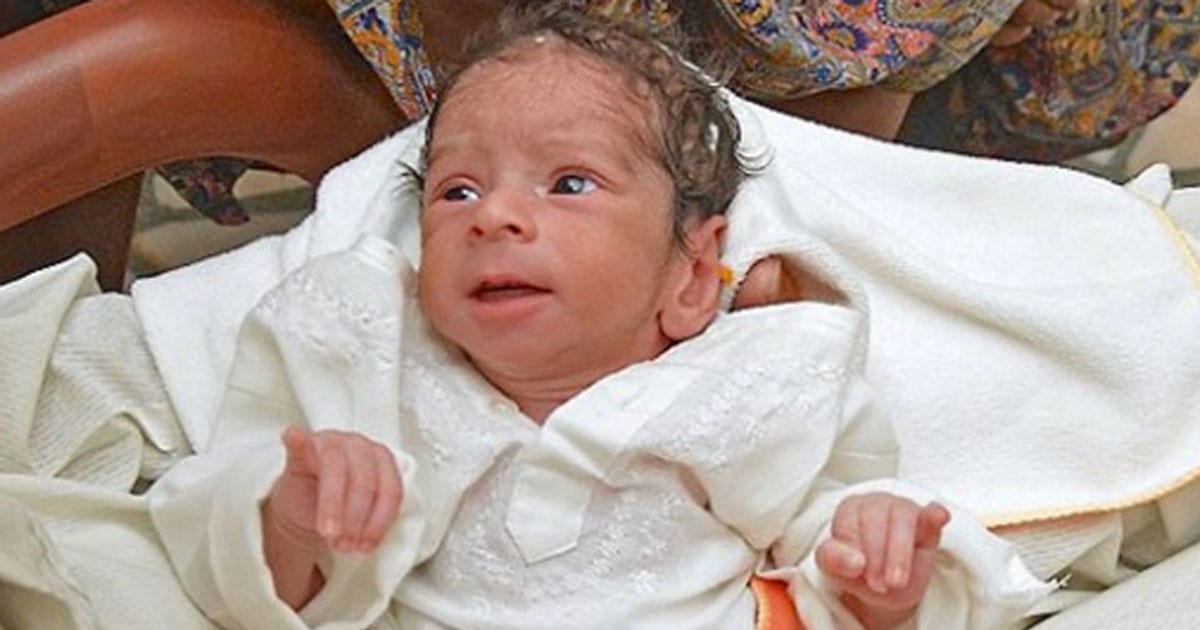With fertility treatments becoming more and more effective and accessible, new ethical questions open up.For instance, the woman in this story, Daljinder Kaur, became a first-time mother at the age of 72.That’s the oldest that a woman has ever become a first-time mother. The father, Mohinder Singh Kaur, was aged 80.
The Kaurs had always wanted children, but for most of their lives, they were unable to conceive. But thanks to medical science, they have finally become parents.But is this right?Having a child that late in life can seem cruel. For the mother to take care of the child until it is 18, she would have to live until 90.
That’s an age that most people never reach.
And even if she does, it’s unlikely that she will be physically able to cope with the demands of parenthood heading into her 80s.
With these concerns, how did the Kaurs get the IVF treatment in the first place?
The couple lives in India, and for years had petitioned the country’s National Fertility and Test Tube Baby Center. Though initially the clinic refused them, the Kaurs kept on persisting.
Eventually, they convinced the institute that Daljinder met the health standards for bearing a child.
When she began this process, Daljinder was in her late 60s. She underwent IVF treatments for two years
The tests appeared to have been accurate, as Daljinder was able to give birth to the child naturally. She was even able to breastfeed the baby during its first months.
Despite the odds, the Kaurs are determined to give their child, Arman, a full life.
“We plan to give him the best of everything when he grows up.” -Mohinder Singh Kaur.
However, just months after the child’s birth, there have been setbacks with the Kaurs’ parental ambitions.
Daljinder admits that the pregnancy has resulted in medical problems that may have permanent effects. She now has high blood pressure, weak joints and gets tired much more easily.
The couple is also struggling with adapting to the toddler as he begins to move on his own. Both parents struggle to lift him up as he crawls.
Additionally, Arman is smaller than average for his age, which might be a side effect of the old age pregnancy.
At birth, he weighed just under four pounds, considerably less than the average weight of seven and a half pounds.
However, the Kaurs are quick to affirm that no matter the health issues, they don’t regret having Amran for one second.
“People say, “what will happen to the child once we die?” But I have full faith in God. God is omnipotent and omnipresent. He will take care of everything.” -Mohinder Singh Kaur.
Clearly, the ethical questions have not been entirely wrapped up in this case.
So what will happen next?
There is a possibility that more older people will seek out IVF treatments, encouraged by the success of the Kaurs.
This could lead to hundreds, if not thousands, of children who are born to mothers aged 70 plus.
At present there are no laws in any country restricting the age in which a woman can undergo IVF. However, various medical experts agree that, as a guideline, women should not undergo IVF after the age of 50.
However, that age limit has been broken multiple times. Prior to Daljinder’s 72-year-old, first-time motherhood, the record for the oldest baby born to a mother was 66.
Perhaps the record for world’s oldest first-time mother will be broken in the not too distant future.
